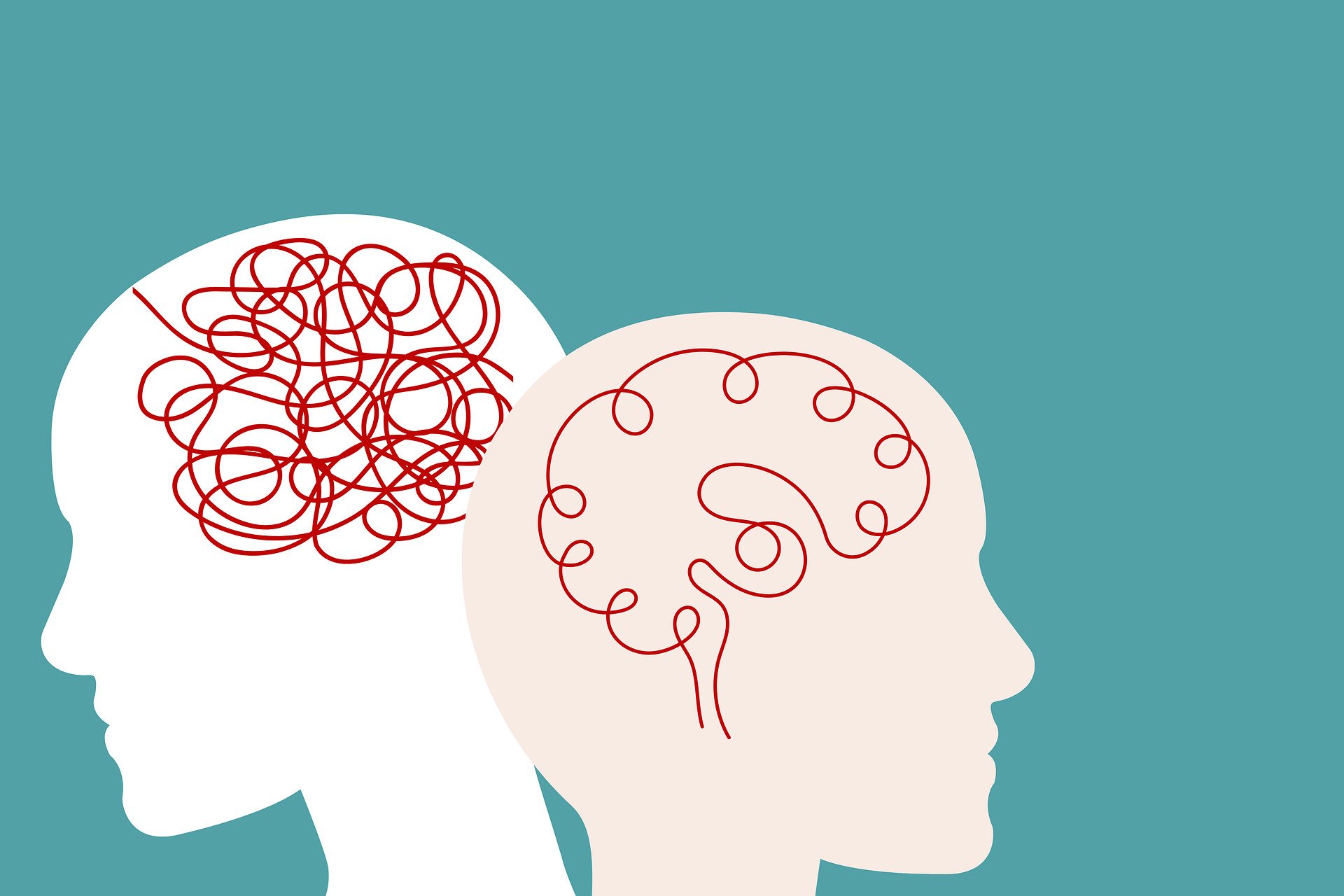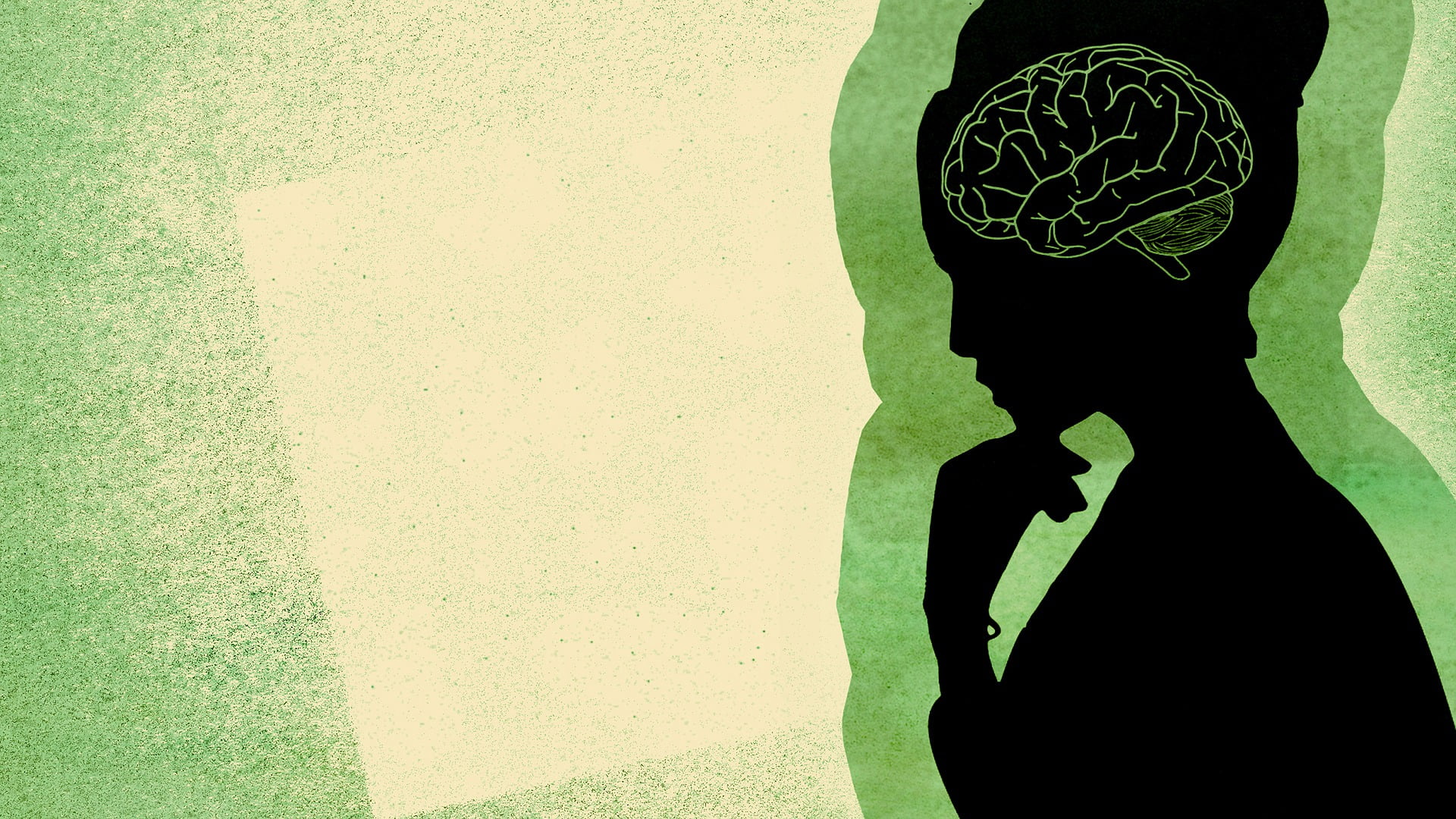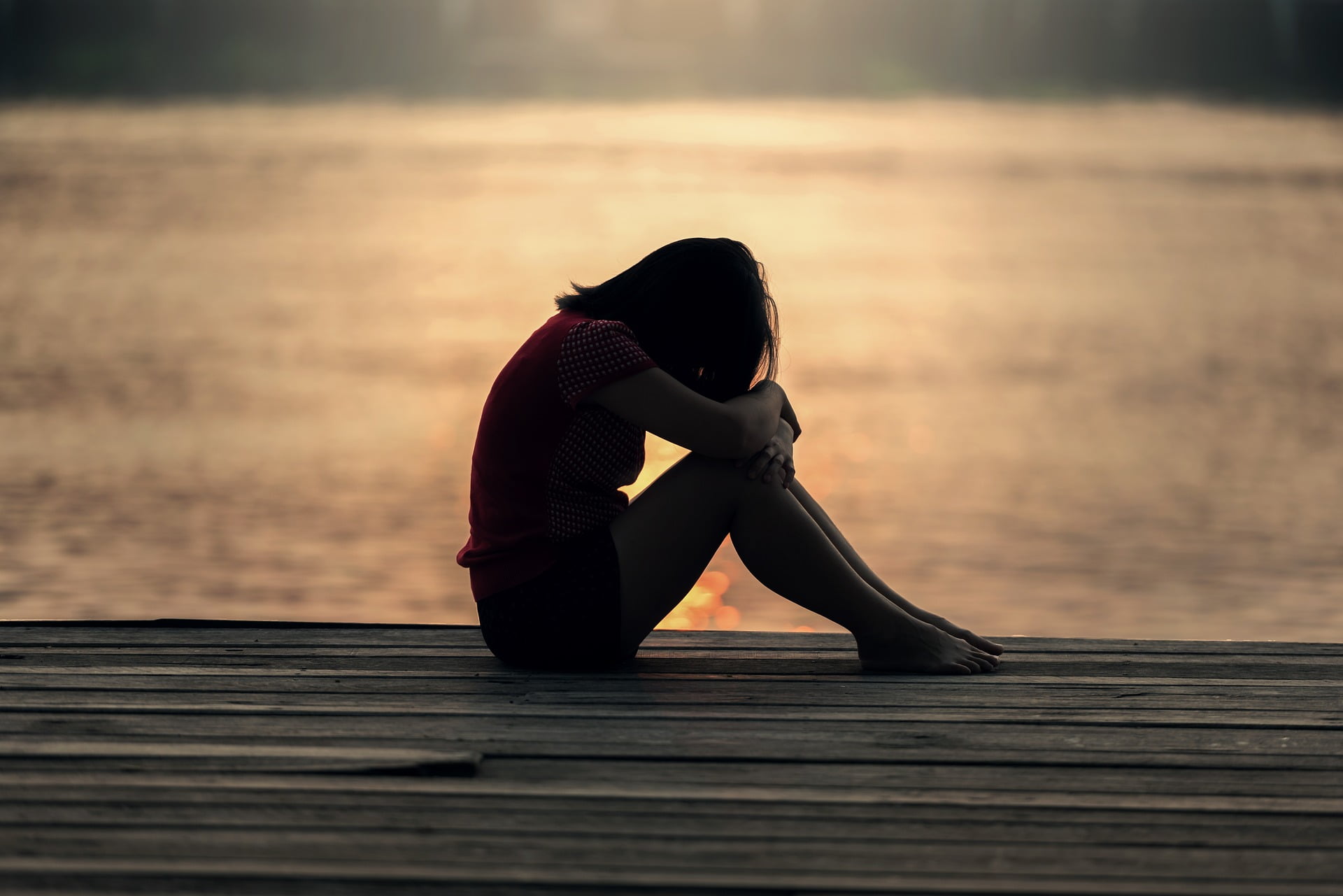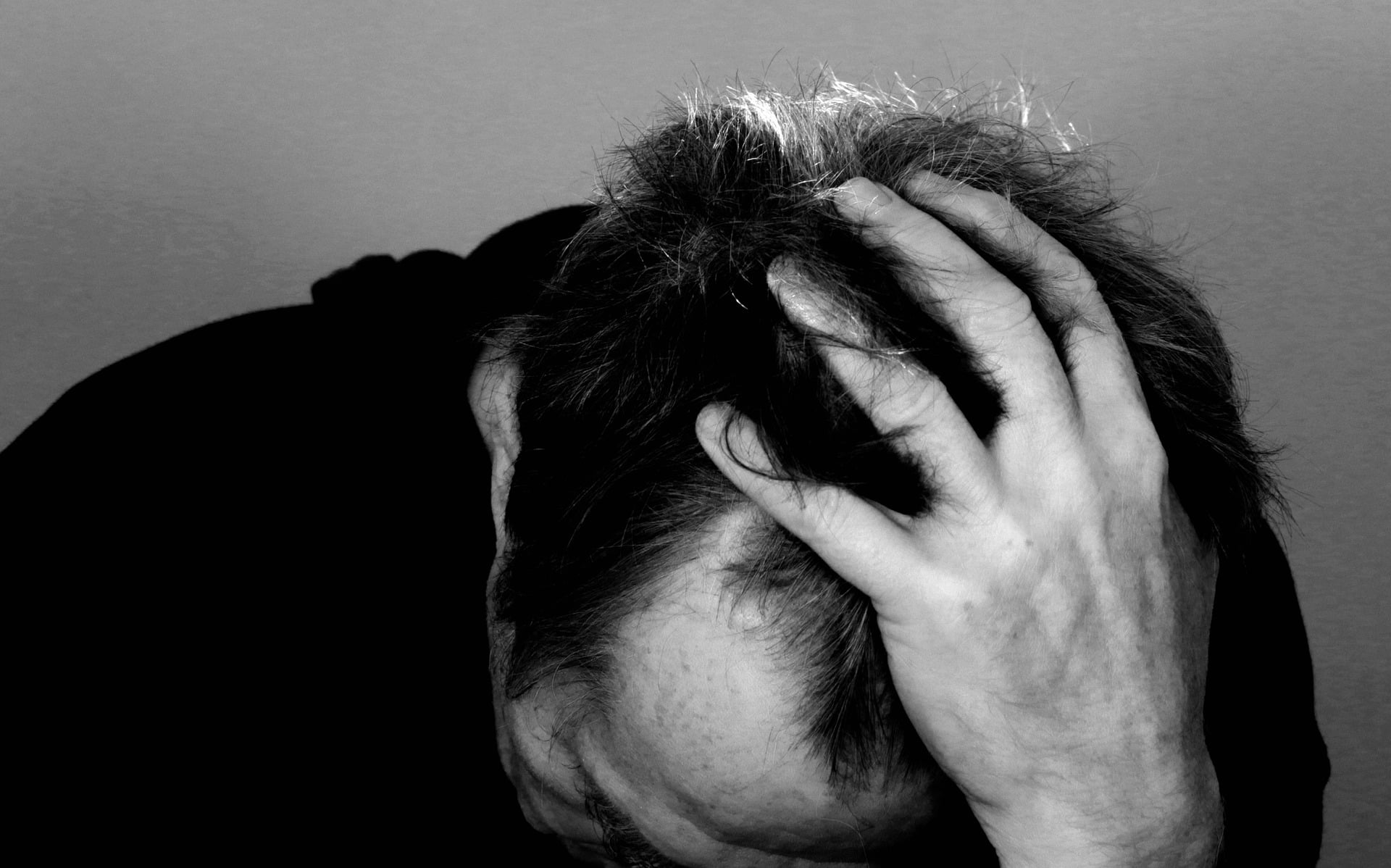6 Reasons Aftercare Is So Important Following Addiction Rehab
Aftercare is something people engage with after they have received treatment for their drug and alcohol addiction issues.
An aftercare plan is used to support someone after they receive their treatment, which helps to keep them on track and avoid relapsing. This will also help to create a better and healthier life for the individual [1].
Aftercare is a large component of any addiction treatment, which helps a great deal to help addicts transition from their days or weeks in treatment to living back home in the normal world.
Once an individual is discharged from treatment, they will then start to put their aftercare and support plan into action. They should be using the tools and techniques in their aftercare and support plan to help them to stay on track.
There are a whole host of benefits, including allowing the individual to maintain a healthy and positive routine and structure.
Not only will the aftercare and support plan help the individual to stay on track with their treatment and recovery, but it will also alleviate some of the pressure put on family members and those around them once their loved one has returned back home from rehab.
6 Reasons Aftercare Is So Important Following Addiction Rehab

If you have ever left rehab, then you will know just how essential, key, good and effective an aftercare and support plan is in aiding a healthy recovery and to avoid a future relapse.
If you haven’t ever left rehab and tried to recover before, then it is only natural to be more sceptical when it comes to aftercare and support.
Many people think that when they leave rehab, the hard work is done for them. However, this is simply not the case.
When an individual leaves drug and alcohol rehab, their relapse prevention plan will become more of the most important and essential things to their continued recovery.
Below are just some of the ways a relapse prevention plan will help with your recovery.
1. Emotional Support

An aftercare and support plan offers a huge amount of emotional support to an individual when they leave rehab.
Rehab can be one of the most challenging and difficult things to do in life, and remaining on track afterwards is no easier.
In order to break the addictive cycle, and remain sober in the long run, you will need to be in the best possible emotional state. This means that in your aftercare and support plan, you should include tips and tricks on how to create a healthy and positive mindset.
Once an individual leaves rehab, they will be faced with lots of different types of issues, including triggers and being faced with temptations for the first time since leaving rehab.
When an individual who has suffered from a drug and alcohol addiction struggles with their emotions and day-to-day life, they are often easily tempted to turn back to drugs and alcohol and relapse.
This is why an aftercare and support plan is a fantastic way of maintaining a healthy and positive mindset as it offers a lot of emotional support to individuals who need it now more than ever.
2. Continual Learning

Unfortunately, addiction to both drugs and alcohol can be a particularly hard and confusing subject to understand. There are so many different types of addictions, which all have different side effects, withdrawal symptoms and treatment options.
There is also a whole host of issues revolving around addiction, including the causes, effects and triggers which cause addiction.
In order to overcome your addiction, you will need to understand the different aspects of addiction so that you can better understand your own addiction and overcome it successfully.
During your stint in rehab and during your aftercare plan, you will be taught about the psychology and biology behind addiction and addictive behaviours, and you will also learn about how this knowledge can help to inform your own addiction and recovery.
Whilst you might think that you know everything you need to know about addiction by the time you leave drug and alcohol rehab, your learning will continue into your aftercare and support plan.
You will also need to learn about aftercare after you have left rehab, and how relapses and relapse prevention works.
3. Providing Structure to Your Lives

When an individual leaves their rehab centre and treatment plan, they will be returning back home to their previous life.
Leaving rehab and starting a new life as a sober person, things can seem incredibly scary, intimidating and new.
Being addicted to drugs or alcohol causes any structure and routine to be thrown out of the window.
When someone becomes addicted to any substance, the only thing that seems important to them is getting their hands on what they are addicted to.
Unfortunately, when you return back home you are thrown back into the world that you left.
This is particularly hard because, during rehab, you are given a lot of structure and routine, which is very different to the world you return back home to when you leave your rehab treatment plan.
When you leave drug and alcohol rehab, your brain will have to re-learn how to create structure and routine again.
On a daily basis, the individual will feel overwhelmed going day after day, and week after week without abusing drugs and alcohol. They might find themselves feeling lonely or at loss of what to do.
Aftercare is a fantastic way of providing the individual with a structure and daily routine which they will desperately need.
Any good aftercare and support plan will contain a daily structure, as well as a list of things to do on a daily basis to avoid a relapse and a range of other relapse prevention techniques.
Attending aftercare and support plans are also a fantastic way of creating a healthy structure and routine. Most aftercare and support groups, such as Alcoholics Anonymous, SMART meetings and Narcotics Anonymous, are at the same time and day on a weekly basis.
This is a great way of providing routine and structure, whilst also providing you with the help and support that you need to avoid a relapse.
4. Accountability of your Addiction

When someone is addicted to drugs, it is incredibly important that they take accountability for their addiction and for their actions.
Whilst some of the effects of addiction are incredibly hard to undo, by taking accountability for your addiction you are taking the first steps to recovery.
You should continue to take accountability for your addiction, even after you have left rehab and are recovering back at home.
By taking accountability for your thoughts and actions during your aftercare, you are much more likely to have engaging conversations with people and are also more likely to get positive and honest feedback from other people.
At the end of the day, the more honest you are with yourself, then the more honest people are likely to be with you, too.
By taking accountability for your addiction during your aftercare, you are more likely to have a healthier and happier life.
5. New Friends

Unfortunately, a lot of people who become addicted to drugs and alcohol have made friends with the wrong kind of people.
Lots of people become addicted to drugs and alcohol because their friends, family or social network abuse drugs and alcohol. In an attempt to fit in, they go on to experiment with drugs and alcohol, too.
When you leave to attend rehab and return back home, you should avoid spending time with the people who you used to.
Instead, you should try to create new and more positive friends and social connections.
Aftercare is a fantastic way of meeting new people who have all been through the same thing as you.
During aftercare and support groups such as Alcoholics Anonymous, SMART meetings and Narcotics Anonymous, you will meet a range of new people who do not abuse drugs anymore, and who know exactly what you are going through.
Not only this, but by surrounding yourself with the right kind of people, you will be offered unparalleled levels of support and care which you simply would not get from someone who is addicted to drugs and alcohol.
Even if you did not make any new friends during your rehab treatment, you will be able to socialise with new people in your aftercare and support sessions which will provide you with a new sense of happiness and energy.
6. Aftercare can help you readjust to everyday life

Once an individual leaves drug and alcohol rehab, they are thrown back into their old life.
During rehab, you will be given your own routine and daily structure, which will feel very far removed from your old life back at home.
When you return home, you may be overwhelmed with the lack of structure. All of a sudden, you will have to re-adjust to your new, daily life which does not involve drugs and alcohol. And while you were at rehab, a lot of things might have changed.
For example, where you are going to live might have changed, who you are friends with might have changed and your work might have also changed.
An aftercare and support plan can be a huge help when it comes to readjusting to this new, drug and alcohol free life that you find yourself in.
Relapse Prevention Plans
The main point of aftercare is relapse prevention. Understanding how to stay sober when you leave rehab and return back home is one of the hardest and most important parts of your recovery.
During your last few days or even weeks at rehab, you will spend a considerable amount of time creating a relapse prevention plan.
This plan will be able to come home with you after you leave rehab, and will contain a list of tips and techniques on how to stay sober in the outside world.
For example, your relapse prevention plan should contain a list of local self help groups, such as Alcoholics Anonymous, Narcotics Anonymous and SMART meetings.
Your plan should also contain a list of helplines that you should be able to call should you need help, day or night.
Any good relapse prevention plan should also contain a list of daily meditation techniques and daily mantras to help to motivate you to stay sober and maintain a healthy mindset.
Your relapse prevention plan should also contain what is called HALT. HALT stands for hungry, angry, lonely and tired.
The idea behind HALT is that if you experience a craving, you should check first to see if it is any one of these four things first. By doing so, you might find that your craving has disappeared.
What is the Cost of an Addiction Treatment Aftercare Program?

Luckily, if you need an aftercare relapse prevention plan, then you will be happy to know that you do not have to pay for your aftercare treatment.
Most aftercare treatment plans are included as part of your inpatient or outpatient rehab treatment plan, and do not have any extra costs.
Whether you are in a short term or long term rehab plan, you will be offered this form of aftercare support.
What are The Three Stages of a Relapse?
Aftercare and support plans are hugely important because relapses are incredibly common when people return back home after rehab. Unfortunately, relapses are often not a one off event.
All relapses work in stages, and do not happen quickly and all of a sudden.
There are three different stages of a relapse, which include an emotional relapse, a mental relapse and a physical one.
These are explained in more detail below.
Stage 1: Emotional Relapse

The first stage of any relapse is an emotional one. During this stage of the relapse, the individual is not actively thinking about drugs, but they might be finding themselves more emotional than ever, and their actions and behaviour might be beginning to show.
Some of the most common signs of an emotional relapse include the following.
- Not wanting to talk about your emotions in fear that they might ‘set you off’
- Refusing and stopping to attend relapse aftercare support groups and meetings
- Social isolation
- Focusing on fixing other people’s problems so that you do not have to fix your own
- Neglecting your personal self care and personal hygiene
- Frequent mood swings
- Refusing to ask for help
If you want to prevent an emotional relapse, then you need to ask for help from loved ones and peers so that your relapse does not go any further.
Stage 2: Mental Relapse

The second stage of a relapse is a mental one.
Once they move from an emotional relapse, they will then start to crave the addictive substances again. At this stage, their mind might be telling them no, but the cravings have begun to take over.
They will start to fantasize about using again, and will start to reminisce about all the good times that they spent when they were addicted to drugs.
As they grow deeper into a mental relapse, their resistance will begin to diminish alongside their motivation and restraint. A few common warning signs of a mental relapse are included below.
- They will start to lie
- They will experience cravings
- They will start to spend time with old friends who abuse drugs and alcohol
- They start to glamorise abusing drugs and alcohol again
- They will start to plan their relapse
If you think you are experiencing a mental relapse, then you will need to seek help before your relapse goes any further. You should start by speaking to your friends and family members, and eventually speak to your self help group meeting leader or your local GP.
Stage 3: Physical Relapse

The last and final stage of a relapse is a physical relapse.
This involves physically using the addictive substance again, and they will start to act just as they did before they temporarily recovered and attended drug and alcohol rehab.
At this stage, you will need to undergo treatment and another detox in order to recover.
If you have physically relapsed, then you will need to speak to your local GP and aftercare and support group for help and support on how to get the help that you need.
Aftercare and Support Groups
If you have recently left a rehab centre and are in search of an aftercare and support group, then you will be grateful to know that there are a range of different options available to you.
By joining an aftercare support group, you will be opening yourself up to a wide community of people who are all going through the same thing as you in an effort to overcome their addiction issues and remain sober in the long run.
Joining an aftercare support group once you leave rehab will help to ensure that you continue some form of rehab treatment at home, and are giving the opportunity and space to discuss any issues or cravings on a weekly or bi-weekly basis.
Some of the most popular aftercare and support services across the UK include the following options:
- Alcoholics Anonymous and Narcotics Anonymous
- Outpatient treatment
- Al-Anon Family Group meetings
- SMART Recovery
- Home detox
Speak to Rehab Recovery
If you think that you are undergoing a relapse, or think that you are at risk of relapsing in the future, then you should speak to a member of the team at Rehab Recovery.
Our friendly and helpful team is dedicated to getting the people the help that they desperately need, regardless of what stage they are at in the recovery process.
You can call our team for free on 0800 088 66 86 or by visiting us online at www.rehab-recovery.co.uk for more information, help and support.




